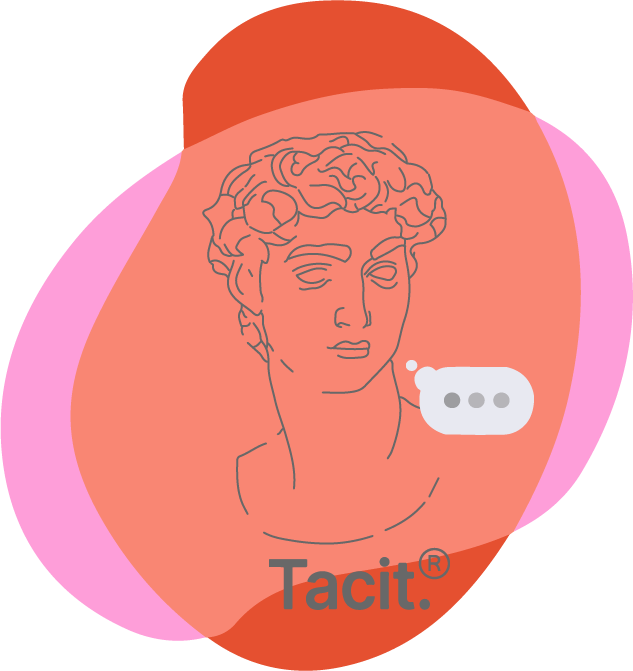The Gottman Institute: Pioneering Affective Computing in Real-World Experiments
The Gottman Institute: Pioneering Affective Computing in Real-World Experiments
The field of affective computing combines the power of technology with the intricacies of human emotions. By understanding and measuring affective states, researchers hope to create machines that can better understand and respond to human emotions.
One notable inspiration in this realm is the Gottman Institute, headed by Dr. John Gottman and Dr. Julie Gottman. Their pioneering work in the field of interpersonal relationships and emotions can serve as a model for conducting real-world affective computing experiments.
The Gottman Love Lab
Since the 1980s, the Gottman Institute, formerly known as the Gottman Love Lab, has been a center for studying relationships and emotions at the University of Washington. Their multimodal approach to affective computing involves measuring heart rate, respiration rate, fine movement, facial expressions, and galvanic skin response. This comprehensive approach enables them to capture and analyze a wide range of physiological and behavioral indicators of emotional states.
But the Gottman Institute's research doesn't stop there. Recognizing the importance of gaining insights from multiple angles, the institute also employs various qualitative research methods. They conduct focus groups, interviews, observations, and self-report questionnaires that provide valuable subjective data, complementing the objective measurements they make. This holistic approach allows researchers to understand emotions in real-life contexts, paving the way for actionable insights.
One of the remarkable aspects of the Gottman Institute is the scale of their research. Over the years, they have interviewed more than 3,000 couples, following some of them for as long as 20 years. But their research extends beyond just observation. They have also studied more than 40,000 couples who were about to begin couples therapy. This large sample size contributes to the statistical robustness of their findings, enhancing the reliability and generalizability of their research outcomes.
Agile approach, multimodal data collection and actionable insights generated
The Gottman Institute's approach to research, focused on agile methodologies and practical applications, allows them to generate actionable insights. By combining quantitative and qualitative data, they gain a comprehensive understanding of relationships and emotions, which can be applied to various domains, including affective computing.
Their work serves as a prime example of how real-world experiments can contribute to the development of affective computing technologies. By studying emotions and relationships within a controlled laboratory setting, researchers can gather a wealth of data that informs the design and development of emotionally intelligent systems. The insights gained from the Gottman Institute's research can help bridge the gap between human emotions and machines, opening up possibilities for more empathetic and responsive technology.
Pioneers and ahead of the curve
Affective Software launched the beta of its Gottman Assistant for Clinicians as an iPad app in January 2020. (Affective Software Image)
In conclusion, the Gottman Institute's multimodal approach to affective computing, coupled with their use of qualitative research methods, showcases how real-world experiments can contribute to actionable insights. Their extensive research on relationships and emotions provides a model for conducting experiments in the field of affective computing and can inspire researchers to adopt similar approaches. By leveraging their techniques, we can move towards creating technologies that truly understand and respond to human emotions, making a positive impact on our lives.
Love lab productised: now Affective software, a digital affective couples councillor
Affective Software, a startup co-founded by leaders from the renowned Gottman Institute, is on a mission to bring the science of relationship assessment and therapy to couples worldwide. Using data-driven approaches developed by the Gottman Institute, Affective Software is developing apps and online services to assess and strengthen relationships. The flagship feature is a virtual Love Lab, which uses videos to automatically analyze interactions between couples, offering content and tools to address identified issues and connecting couples with therapists. Unlike the original Love Lab, the virtual assessment employs machine learning and optionally pulse oximeter fingertip sensors. The larger goal is to make science-based relationship guidance accessible to a broad audience, including the 20 million U.S. couples who need therapy. The company has accelerated its telehealth platform development in response to the COVID-19 crisis, aiming to lower barriers and costs to access relationship support. Affective Software has raised $2.5 million in seed funding, with the consumer app launched in August 2020. The company's commitment to data-driven relationship guidance aligns with the Gottmans' principles, and they plan to continually refine and expand their offerings.

